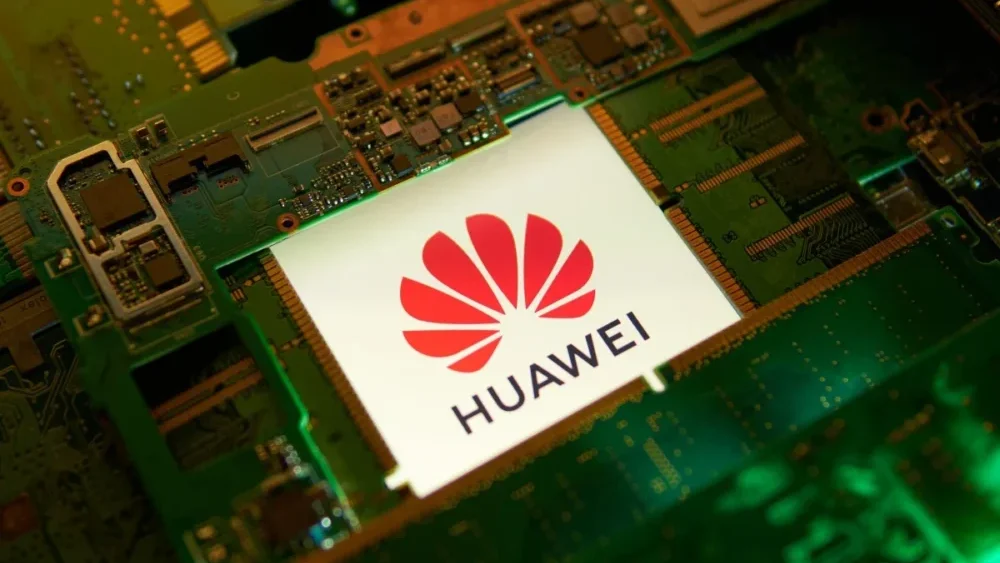Nvidia has reportedly taken notice of Huawei’s Ascend 910B AI chip, viewing the Chinese tech powerhouse as a potential rival in the AI chip sector, particularly on its home turf.
According to a recent report by the South China Morning Post, Huawei is working on enhancing its chip operations by forming alliances with numerous local suppliers, despite US sanctions attempting to hamper the Chinese company’s semiconductor efforts. The report from Chinese media cites various insider sources familiar with the matter.
Huawei’s in-house Ascend 910B is reportedly one of the company’s results following its semiconductor developments. This Huawei chip matches or slightly surpasses the AI processing capabilities of Nvidia’s A100 GPU, as per semiconductor research firm SemiAnalysis.
Produced by the Semiconductor Manufacturing International Corp (SMIC) in China utilizing the 7-nanometer technology, the chip is currently accessible via distribution networks on the mainland.
Chinese tech giant Baidu reportedly ordered over 1500 of Huawei’s Ascend 910B AI chips in August last year. The company also ordered iFlytek to introduce its Feixing One computing platform, which utilizes Huawei’s Ascend chips.
Experts and analysts in the industry view this chip as a viable alternative to Nvidia’s offerings in China, where U.S. sanctions restrict Nvidia from selling high-performance AI chips.
Huawei’s Ascend 910B comes as a follow-up to the Ascend 910 which came out in August 2019, but due to US sanctions, the chip was barred from being exported into America due to security concerns. Huawei is yet to share its official statement regarding the Ascend 910B.
Echoing Nvidia’s strategy, Huawei is focused on refining the collaboration between hardware and software components. By integrating its Ascend hardware with software through the exclusive Compute Architecture for Neural Networks platform, Huawei seeks to elevate the performance of its AI chips. Yet, in comparison to Nvidia’s expansive CUDA ecosystem, which encompasses over two million registered developers, Huawei has considerable ground to cover.
Despite US sanctions, Nvidia is still working on multiple AI chips meant for the Chinese market, but these are watered-down versions of their original selves since the export laws stop Nvidia from selling powerful hardware to China.






